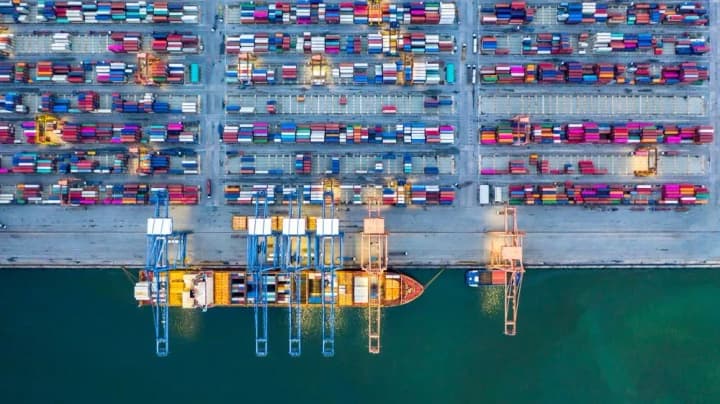EU officials do not have time to check companies that receive Chinese subsidies and compete unfairly with Europeans
Kyiv • UNN
The number of deals that European Commission officials must review under new rules restricting the activities of companies receiving state subsidies has increased to 50, while they were initially expected to review only 30 deals a year.

European Commission officials expected to review no more than 30 deals a year as part of the fight against unfair Chinese competitors, but the number of deals that need to be reviewed is already up to 50. This was reported by Politico, according to UNN.
Details
European Union regulators have much more work than expected due to new rules aimed at restricting the activities of non-EU companies receiving public funds, in particular those funded by China.
Fearing that Europe would not be able to compete with companies from Asia and the Middle East, the EU introduced the Foreign Subsidies Regulation, which prevents companies with deep pockets from competing. It came into force in October and requires EU officials to check whether public money is promoting unfair competition in contracts and public tenders to the detriment of European companies.
Chinese banks issue record loans in early 202409.02.24, 14:00 • 21555 views
Currently, the European Commission is reviewing 50 deals where a bidder may gain an unfair advantage due to a foreign subsidy, and has already reviewed 12 of them in almost four months.
Initially, it was expected to review only 30 transactions a year.
Brussels also has to check companies that participate in public tenders. In the first 100 days since the rules came into force, they received 100 applications for review. It was expected that "13 to 36" applications for participation in tenders would be reported annually.
While the regulations are clearly aimed at state-owned Chinese companies, they also include companies with investments from sovereign wealth funds belonging to Gulf or other states, and may even include applications from EU trading partners such as the United States if the company has received any significant government subsidy.
The regulator is also trying to recruit the staff needed to work under the new rules. Until last fall, the Competition Commission's unit responsible for foreign subsidies had only seven people, and now it is planning to create a department that will include at least 40 people.
The new rules will also allow the Commission to launch its own investigations in areas where it suspects that the sustainability of European firms is being undermined by competitors receiving money from foreign countries.